DTPA & EC Scan in Bangalore
Home » DTPA and EC Scan in Bangalore
- Highly accurate DTPA and EC Scan
- 25,000+ patient service with utmost care
- Receive the best care in a clean, sanitized environment
- Quick response and well-trained with the best team of doctors

What are DTPA & EC scans?
DTPA (Diethylenetriamine Pentaacetate) and EC (Ethylenedicysteine) scans are specialized imaging techniques used to evaluate renal function and detect potential kidney disorders. Both are types of radiopharmaceutical imaging that assess the kidneys’ performance by tracing the flow of injected substances within the renal system, providing high-accuracy images and data for doctors to make informed decisions. These scans are often used in cases of kidney disease, renal failure, and post-transplant monitoring.
Applications of DTPA & EC Scan in Bangalore
-
Evaluation of Kidney Function:
DTPA and EC scans are mainly used to assess kidney function by measuring how well the kidneys filter blood and excrete waste, helping with the detection of kidney impairment or reduced filtration rates.
-
Detection of Renal Obstructions:
These scans help identify blockages or obstructions in the urinary tract, such as kidney stones or strictures, by observing the flow of the injected tracer and identifying areas of restricted movement.
-
Assessment of Renal Blood Flow:
DTPA and EC scans evaluate renal perfusion, or blood flow to the kidneys, which is essential for diagnosing conditions like hypertension, diabetes, or vascular diseases that impact kidney health.
-
Kidney Scarring and Damage:
These scans help detect areas of scarring or damage to kidney tissues, which may result from chronic infections, diseases, or prolonged medication use.
-
Post-Surgical Monitoring:
After kidney surgery or transplantation, DTPA and EC scans help monitor renal function and detect potential complications, ensuring that the kidneys or transplanted grafts are functioning properly.
DMSA Scan Is Done For These Organs:

Brain

Bone

Cardiac

Liver

Spine
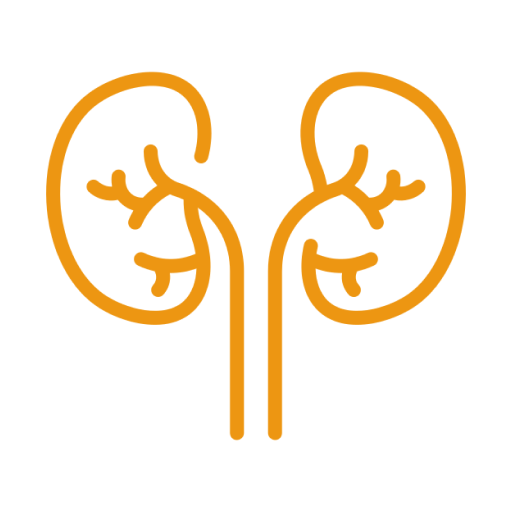
Renal

Thyroid
SPECT/CT Scan Cost
| BONE SCAN MDP | Rs:- 8000 |
| BRAIN SPECT (ECD) | Rs:-14000 |
| DMSA SCAN | Rs:-6500 |
| DRCG SCAN | Rs:-6500 |
| DTPA SCAN | Rs:-6500 |
| EC SCAN | Rs:-6500 |
| GASTRIC EMPTYING SCAN | Rs:-8000 |
| GE REFLUX SCAN (GER) | Rs:-6500 |
| GI BLEED SCAN | Rs:-8000 |
| LACRIMAL SCINTIGRAPHY | Rs:- 6500 |
| LIVER HIDA SCAN | Rs:- 7,500.00 |
| LIVER SPLEEN SCAN | Rs:-8000 |
| LUNG PERFUSION SCAN | Rs:-10000 |
| LYMPHO-SCINTIGRAPHY | Rs:-10000 |
| MECKELS SCAN | Rs:-8000 |
| MPI (ADENOSINE STRESS) | Rs:-14000 |
| MPI (DOBUTAMINE) | Rs:-14000 |
| MPI (STRESS and REST) | Rs:-12000 |
| MUGA SCAN | Rs:-12000 |
| PARATHYROID SCAN | Rs:-10000 |
| SALIVARY SCINTIGRAPHY | Rs:-6500 |
| TESTICULAR SCAN | Rs:-8000 |
| THREE PHASE BONE SCAN | Rs:-10000 |
| THYROID SCAN | Rs:-4,000.00 |
| WB I-131 SCAN | Rs:-12000 |
How Does DTPA & EC Scan Work?
-
Injection of Radiotracer:
For a DTPA scan, a small amount of DTPA (Diethylenetriamine Pentaacetate) is injected into the bloodstream. For an EC scan, a dose of EC (Ethylene Dicysteine) is administered. Both are radiopharmaceutical tracers designed to assess different aspects of kidney function.
- DTPA Scan: The tracer is filtered by the kidneys, helping evaluate the glomerular filtration rate (GFR) and detect urine flow obstructions or anomalies.
- EC Scan: The tracer binds to renal tissues, focusing on renal tubular function and effective renal plasma flow (ERPF).
-
Gamma Camera Imaging:
In both scans, a gamma camera captures images of the kidneys. The imaging tracks the movement of the tracers to assess kidney structure and functionality.
-
DTPA & EC Imaging:
DTPA imaging focuses on tracer filtration and clearance through the urinary system. EC imaging highlights tracer uptake and tubular function for evaluating renal plasma flow.
-
Image Analysis:
DTPA Scan: Analyzes images to measure GFR, detect obstructions, and assess the relative function of each kidney.
EC Scan: Evaluates tubular function, and effective renal plasma flow, and identifies conditions like tubular damage or renal ischemia.
-
Report Generation:
The findings from both scans are compiled into detailed reports, enabling doctors to diagnose and manage kidney-related conditions, such as reduced kidney function, obstructions, renal ischemia, or tubular dysfunction. These reports provide a comprehensive overview of the kidneys' structural and functional health.
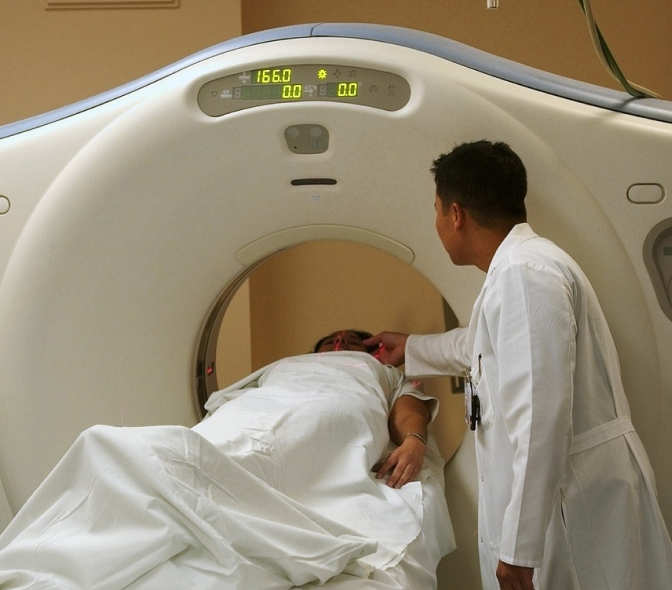
How to prepare for DTPA & EC scan?
Hydration:
Ensure that you drink at least one liter of water in the hour before your test. You are free to use the restroom as frequently as necessary.
No Fasting required:
You can have your regular diet (food), no need to fast for the scan.
Medications:
There is generally no need to stop any medications before the scan. However, it is essential to inform the healthcare provider about any medications you are taking and get confirmation on whether any should be paused.
Previous Reports and Prescription:
Bring all previous reports, CDs, and scanned images with you. If available, also bring the doctor’s prescription for the scan.
Previous Reports and Prescription:
Bring all previous reports, CDs, and scanned images with you. If available, also bring the doctor’s prescription for the scan.
Jewelry and Metal Objects:
Avoid wearing any jewelry or metal objects during the scan as these may interfere with the test.
Pregnancy:
If you are pregnant or suspect you might be, inform the doctor before booking the appointment. Renal scans are generally not recommended for pregnant women.
Lactation:
If you are breastfeeding, inform the healthcare provider before the scan. The doctor will advise on when it is safe to resume breastfeeding after the scan.
The Next Generation Technology is Here at Kiran PET CT - GE-DISCOVERY IQ GEN 2
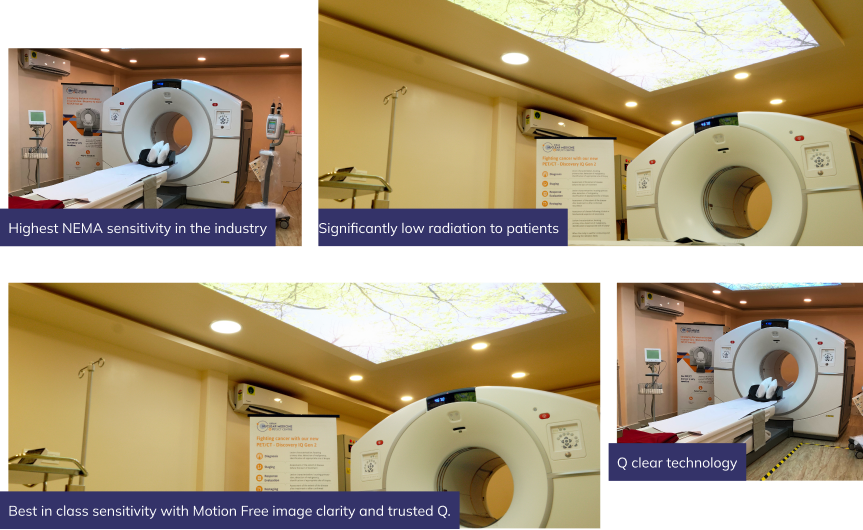
Why Choose Us For DPA & EC Scan In Bangalore
Modern scan technology and a dedication to patient care sets Kiran PET CT apart. We provide a staff of skilled professionals to guarantee your comfort and safety, as well as hygienic, sanitized facilities and short wait times. Our effective report production technology gives you peace of mind by guaranteeing that you get excellent results on time.
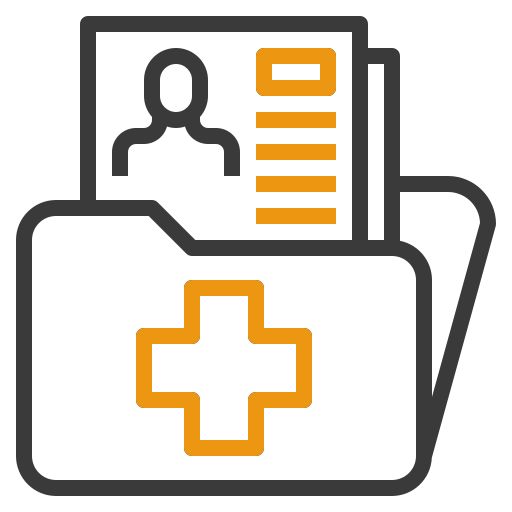
Speedy and accurate results
Our DTPA & EC scans deliver swift & precise diagnoses, ensuring timely insights into your health

Skilful certified team of nurses
Trust in the expertise of our skilled professionals who are dedicated to providing unparalleled care

World Class Technology
Experience the latest advancements in medical imaging technology with our modern equipment.
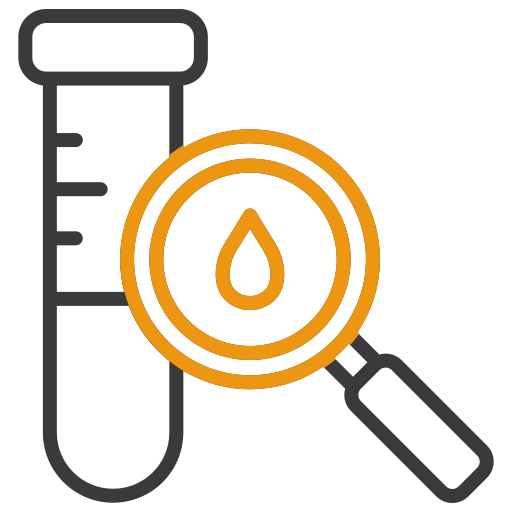
Onestop Lab Centre
Streamline your healthcare journey with our comprehensive lab services under one roof.
Meet Our Doctors
Frequently asked questions
DTPA (Diethylene Triamine Pentaacetic Acid) and EC (Ethylenediaminetetraacetic Acid) scans are nuclear medicine tests used to assess kidney function and blood flow. These scans help detect kidney-related issues like obstructions, infections, or impaired function.
A small amount of radioactive tracer is injected into the bloodstream, which is then absorbed by the kidneys. Gamma cameras capture the emission of radiation, producing images that reveal kidney function, blood flow, and any potential abnormalities.
Yes, both DTPA and EC scans are safe procedures. The amount of radiation used is minimal and well within safety standards. The scans are non-invasive and typically involve little to no discomfort for the patient.
The entire DTPA or EC scan procedure usually takes between 30 minutes to 1 hour. The time includes the waiting period for the tracer to circulate through the kidneys and the actual imaging process, which takes about 15-20 minutes.
Generally, no special preparation is required. However, it’s essential to inform the team at Kiran PET CT about any current medications or pre-existing conditions, particularly if you’re pregnant or breastfeeding.
These scans can identify various kidney problems such as reduced kidney function, obstructions, infections, or structural abnormalities. They are particularly useful for evaluating renal blood flow and glomerular filtration rates.




